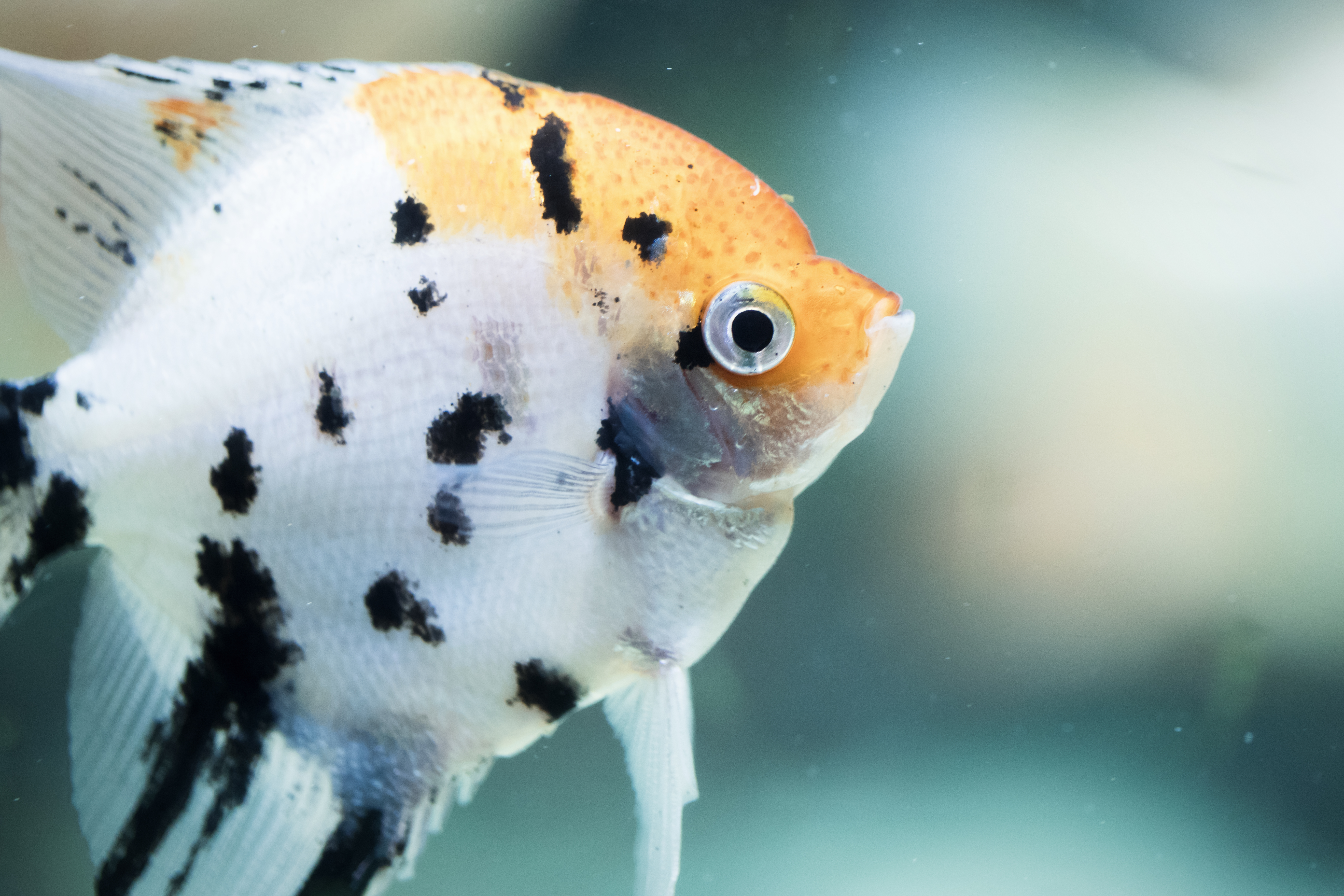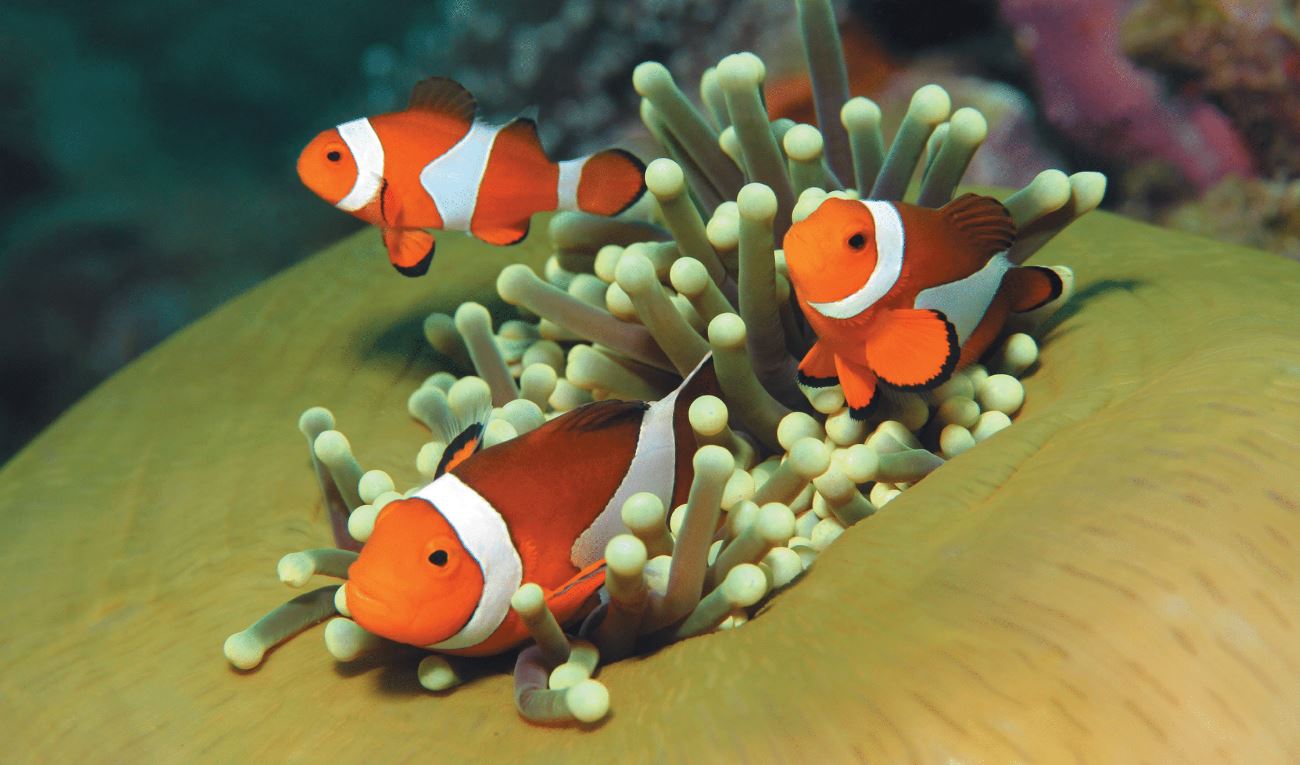New Regulations Could Impact Coral Trade
Pet Age Staff //January 6, 2014//
As most readers are probably aware by now, NOAA’s National Marine Fisheries Service is in the process of considering listing a number of species of corals, several of which are very common in the aquarium trade as endangered or threatened under the Endangered Species Act.
Following requests from several organizations including the Pet Industry Joint Advisory Council, NOAA recently announced it would extend its review period for the proposed coral listing by 6 months because of the “substantial disagreement … regarding the sufficiency and accuracy of data and analyses relevant to the 68 proposed listing determinations.”
PIJAC notified NOAA that it was working with JEN “Charlie” Veron to update his Corals of the World reference series into an open-access online database so that NOAA would have access to up-to-date scientific data.
NOAA/NMFS is also reviewing a petition to list ocellaris clownfish and several damsel species under the ESA. The Center for Biological Diversity recently notified NOAA of its intent to sue because NOAA has yet to act on the fish proposals.
Its title, “Lawsuit Launched to Save Clownfish That Inspired Finding Nemo”, speaks to the insidious tactics these organizations use to elicit emotional (rather than rational) support for their agenda. After all, who wouldn’t be willing to gloss over some boring science if it meant saving “Nemo?”
During the recent Marine Aquarium Conference of North America, Julian Sprung, of Two Little Fishes and long-time PIJAC member, delivered an eye opening presentation on the harsh realities of what any potential ESA listing will mean to home propagators and commercial aquaculturists and retailers alike.
Sprung delved into the legal ramifications of listing; a much-needed reality check for the reef hobbyist community who at times believe that these sorts of regulatory issues don’t or won’t affect them.
Nothing could be further from the truth. Listings under ESA can result in not only bans on importing the listed species, but also a ban on interstate movement.
For years, PIJAC has been working behind the scenes to help prevent legislation that would potentially cripple the aquarium, and, on a larger scale, pet, industry. But due to the unprecedented scope of these recent attacks on the marine aquarium trade, the extent to which they would affect the average marine hobbyist, and the pressing need for funding and support, the leaders of PIJAC’s Marine Subcommittee realized that for their efforts to succeed they needed the full backing of both the hobby community and the commercial industry.
Faced with a flurry of anti-marine industry activity at both the federal and state level in 2013, PIJAC’s Marine Subcommittee launched a Marine Defense Fund so concerned members of the industry and hobbyists could provide much needed funding to defend the industry, help fund Dr. Veron’s project and deal with a number of proposals in Hawaii as well the proposed ESA listings.
Many feel that ESA listing would not affect them, saying “I get my corals through frag swaps” or “I only deal with aquacultured corals/fish.” Some say that they are in favor of protecting reefs and that the trade shouldn’t import wild corals anymore to begin with. Such opinions ignore the substantial amount of maraculture practices both here and abroad as part of an important sustainability initiative to preserve coral resources.
As Julian made eminently clear in his talk, ESA listing has the potential to devastate domestic and foreign aquaculture on every level. And despite the broad impact it will likely have, ESA listing of corals is just one of many threats the hobby and industry currently face.
It is important for everyone in the commercial sector to spread the word not only with their customers, but also others in the marine industry including suppliers or competitors.
Providing support through PIJAC’s Marine Defense Fund will ensure that the marine community is at the table, has a strong advocate, and that its voice will be heard at all levels of government.
For more information, contact: Sandy Moore at [email protected], Chris Buerner at [email protected] or Marshall Meyers at [email protected].
– Mike Tuccinardi and Marshall Meyers


















